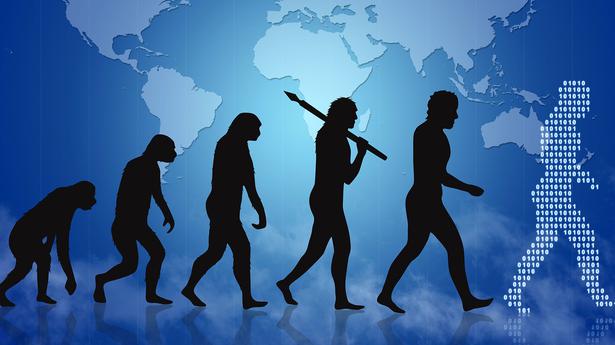
Six recent discoveries that have changed how we think about human origins
The Hindu
Scientific study has painted humans as as cleverer, more intellectual and caring than our ancestral predecessors.
Scientific study of human evolution historically reassured us of a comforting order to things. It has painted humans as as cleverer, more intellectual and caring than our ancestral predecessors.
From archaeological reconstructions of Neanderthals as stooped, hairy and brutish, to “cavemen” movies, our ancient ancestors got a bad press.
Over the last five years discoveries have upended this unbalanced view. In my recent book, Hidden Depths: The Origins of Human Connection, I argue that this matters for how we see ourselves today and so how we imagine our futures, as much as for our understanding of our past.
Six revelations stand out.
Species such as Homo Longi have only been identified as recently as 2018. There are now 21 known species of human.
In the last few years we have realised that our Homo sapiens ancestors may have met as many as eight of these different types of human, from robust and stocky species including Neanderthals and their close relatives Denisovans, to the short (less than 5ft tall) and small-brained humans such as Homo naledi.
Also Read | New insights on the ‘coffee-ring effect’













